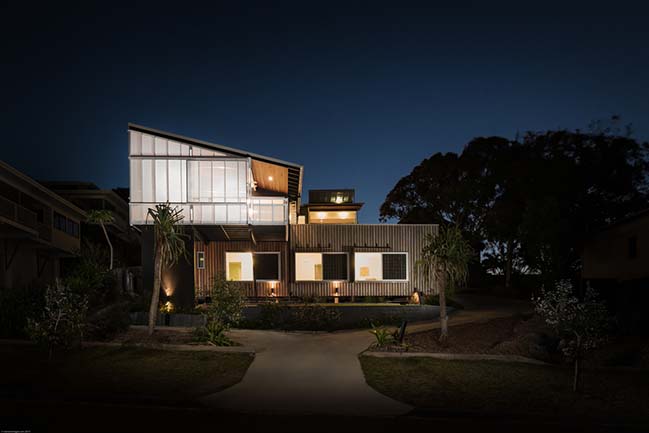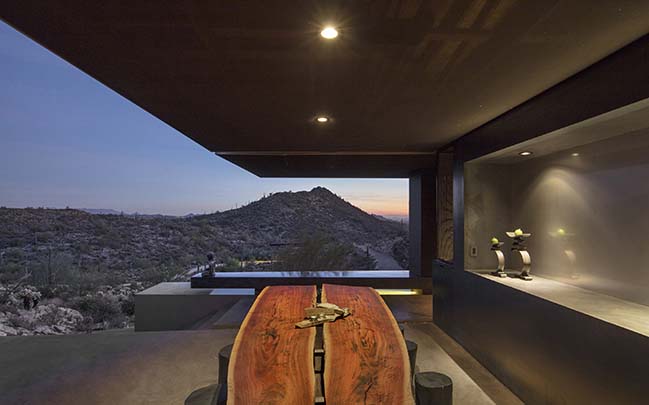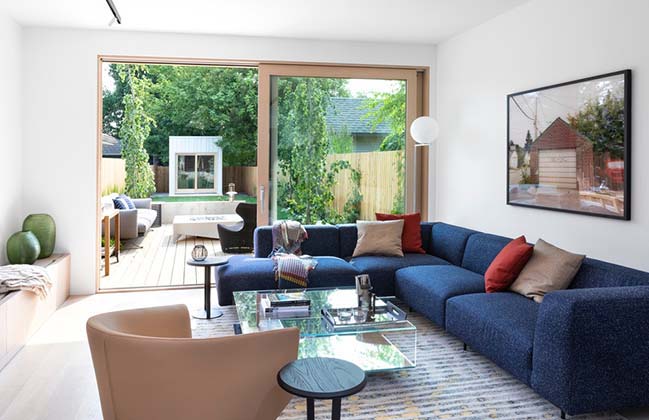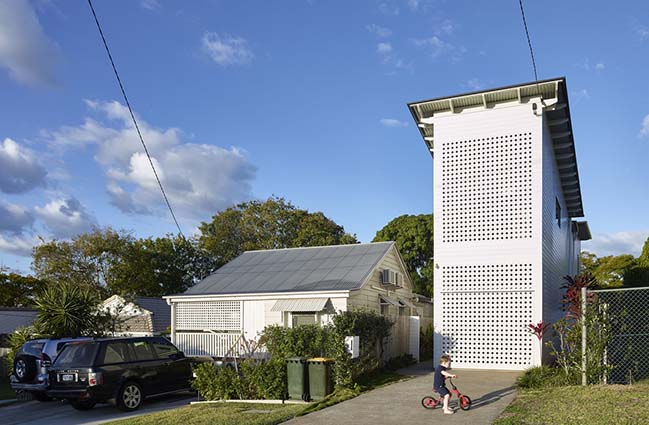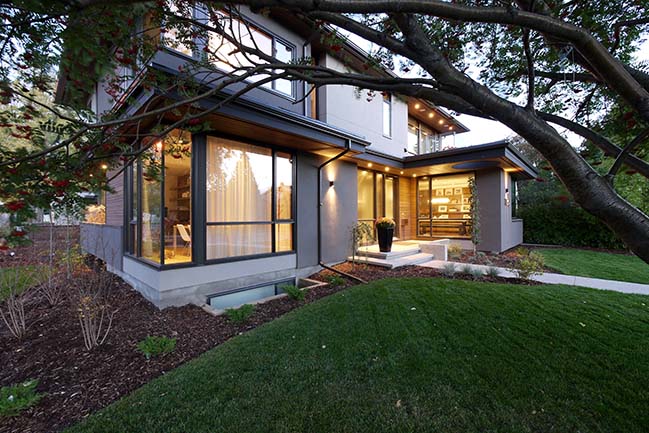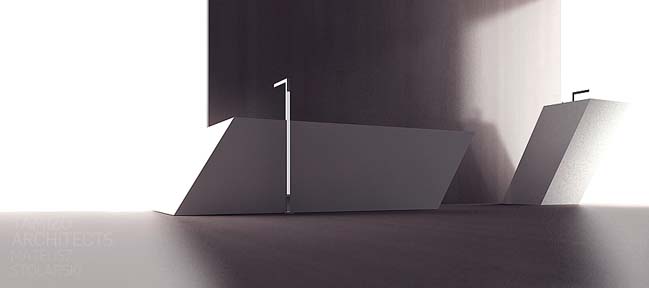08 / 22
2018
This is Salmela Architect's second project for this client. The first was an extensive renovation, addition, outbuildings, and major landscape design for their previous home in a rural setting.
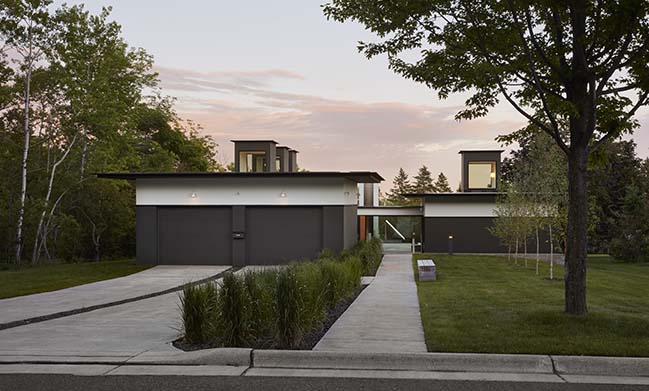
Architect: Salmela Architect
Location: Duluth, Minnesota, USA
Year: 2017
Total Interior Area: 2,800 gsf
Principal: David Salmela, FAIA
Project Architect: Souliyahn Keobounpheng
Structural engineer: Meyer Borgman Johnson
General contractor/Construction manager: Rod & Sons Carpentry
Landscape architect: Travis Van Liere Studio
Photography: Corey Gaffer
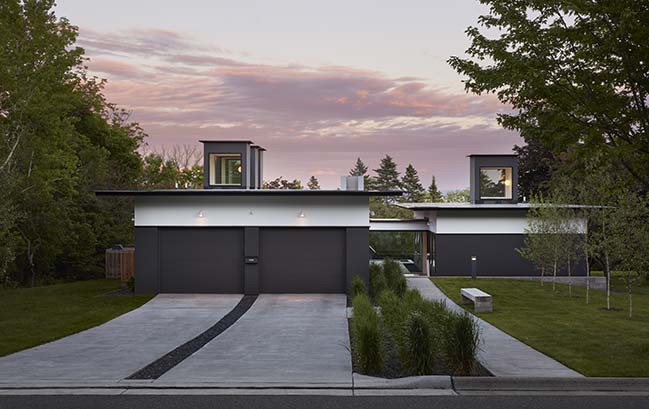
From the architect: Deciding to move into the city, our client purchased an expansive lot with distant views of Lake Superior through the trees in the fall and winter.
The house is composed of three structures connected by glazed hallways which define two distinctive yet visually connected courtyards. One courtyard is oriented toward the lake and includes a fireplace that helps extend the use of the space into late fall and early spring. The second courtyard is tucked into the graduate slope of the hill, creating a sunken entry court that offers protection from cold easterly winds that regularly blow off of the lake. The distinctive microclimates of each courtyard provide ample opportunities for spending time outdoors despite the dynamic weather of the region.
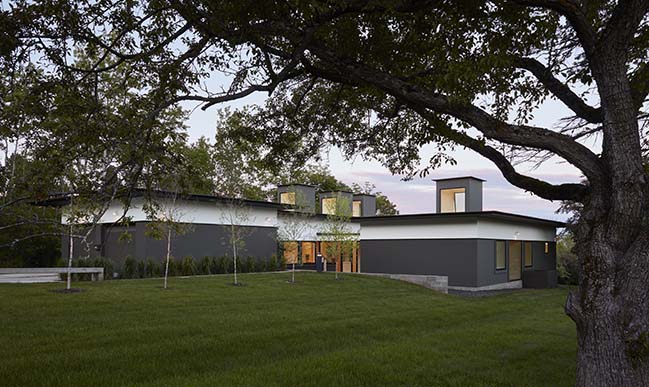
From the street, two focal points are visible through the glazed connecting elements: the fireplace of the interior courtyard and a timber frame pavilion set within the backyard beyond the house. These two focal points are also visible from the opposite end of the site, which is bounded by a cross-city pedestrian and bike trail.
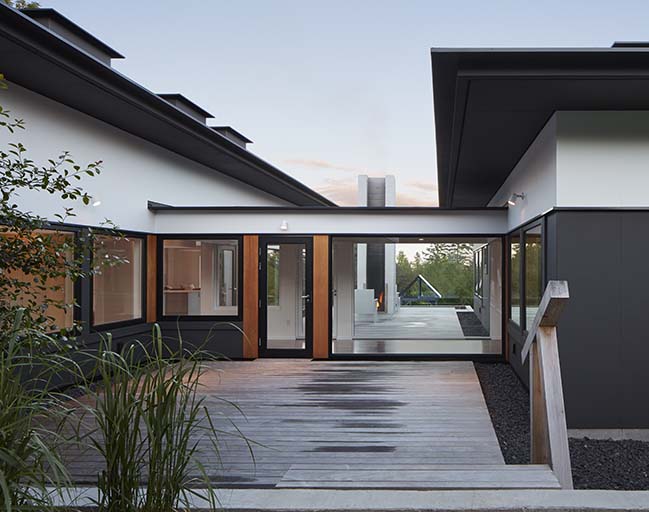
This sense of transparency is equally apparent from interior, with view corridors bisecting the house in both longitudinal and transverse directions. Large window openings frame multiple views, and square ventilating units and clerestories make for a very functional combination of passive and active ventilation, ensuring very healthy air quality throughout the year.

The deep, slender eaves of the flat roofs serve the dual function of controlling light levels and passive heat gain in the summer, while also protecting the painted plywood siding from rain and snow. The clerestory light boxes playfully draw additional light into the center of the house.
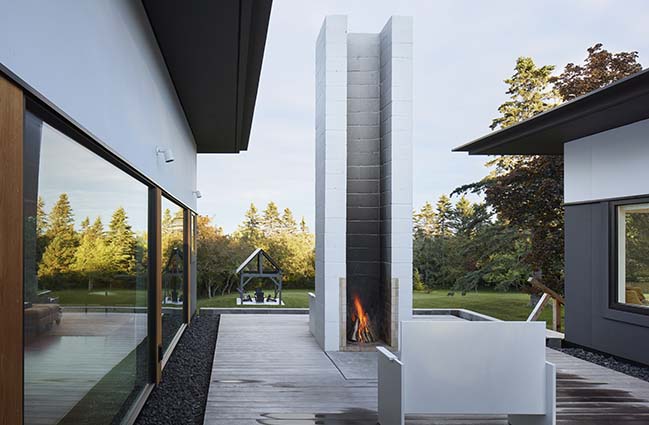
Set within the back yard is a wood pegged timber frame pavilion with a 1/4” thick paper-resin composite roof. The pavilion was hand made by the client’s husband years before in a folk school timber framing class but was never assembled at their previous home. The timbers were stored and somewhat forgotten until the realization that this pavilion would make for an appropriate counterpoint to the house. The discovery and reemergence of this structure was a thrill to the client and architect alike, and this summer the client’s daughter was married under the cover of the pavilion.
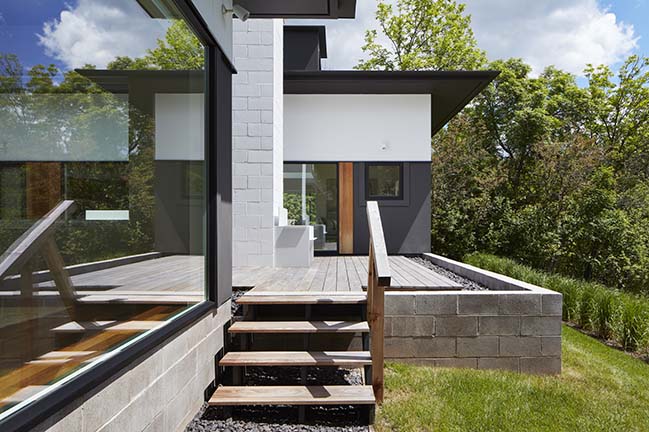
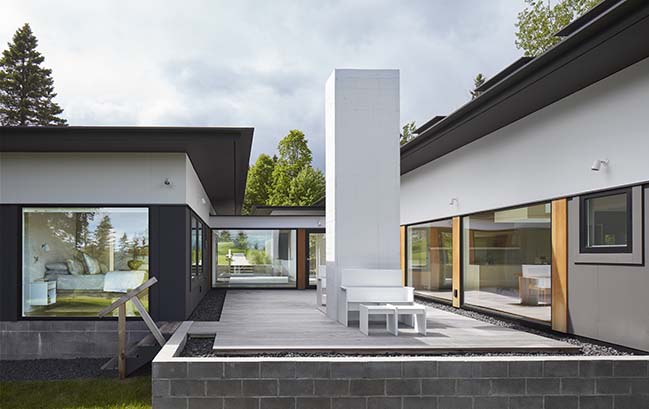
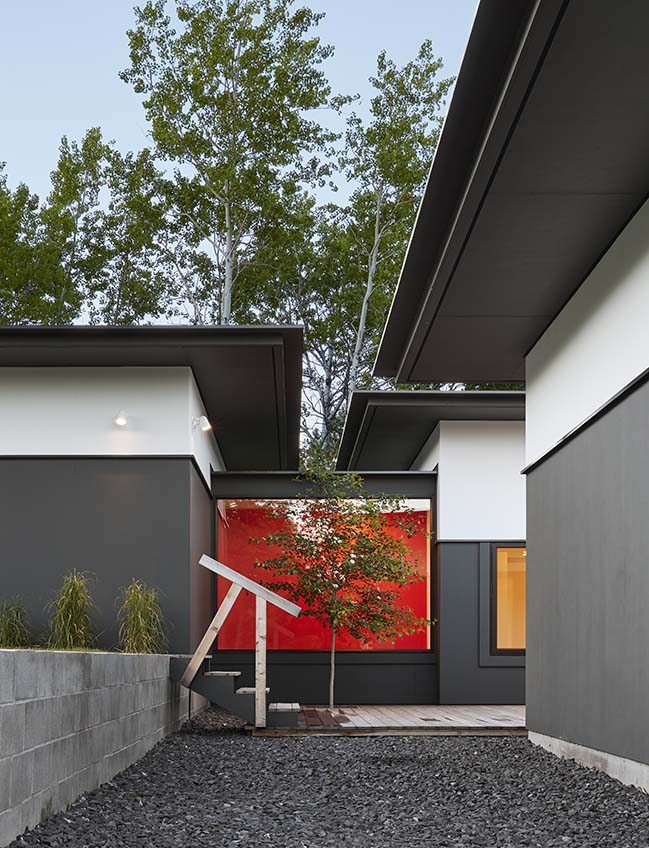
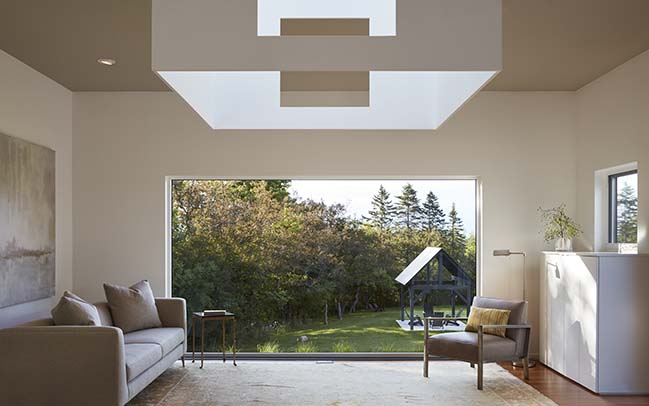
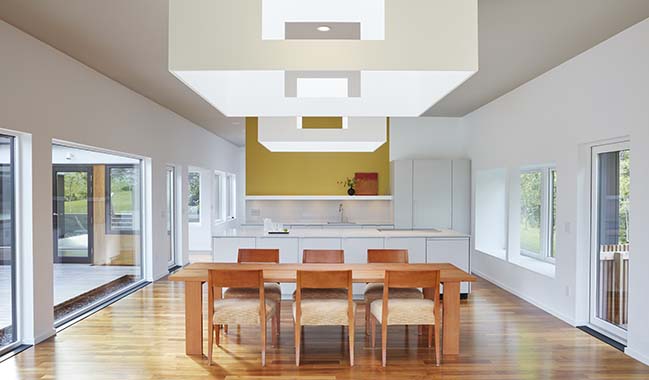
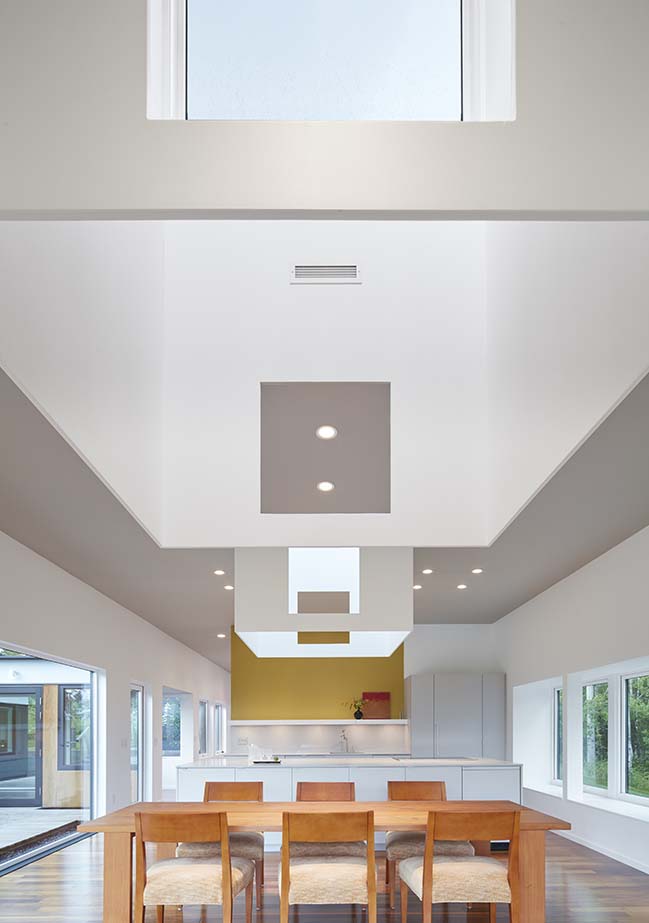
> You may also like: Panavista Hill House by Steelhead Architecture
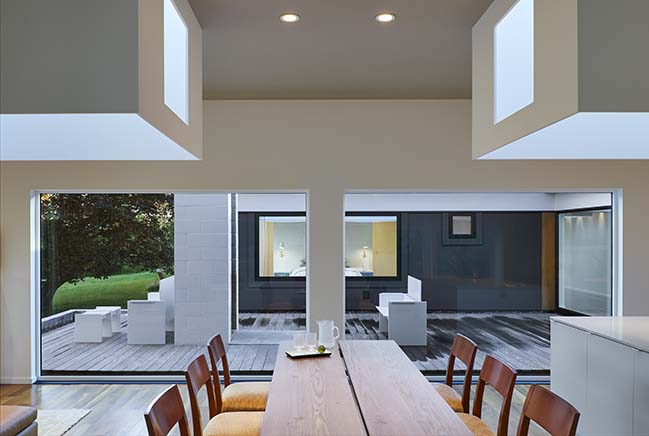
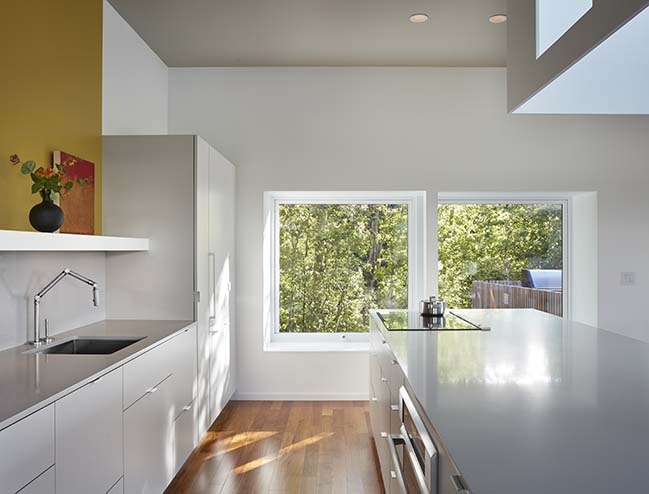
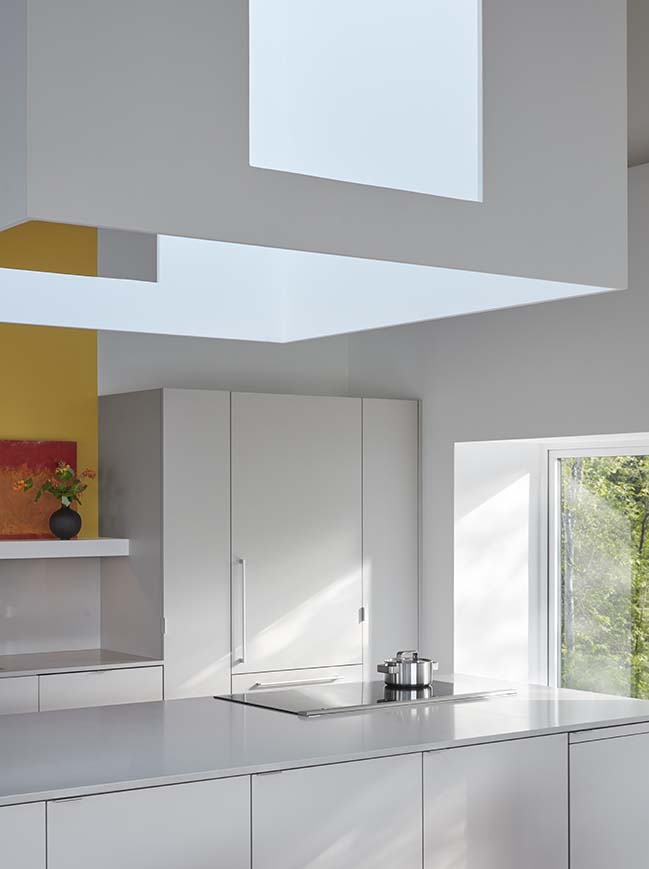
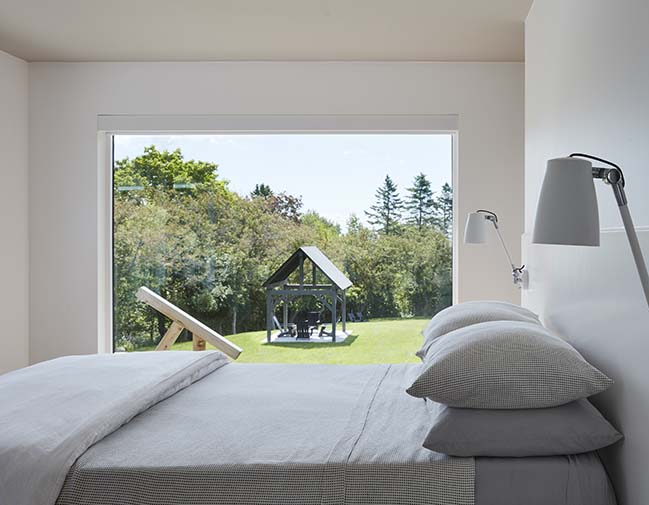
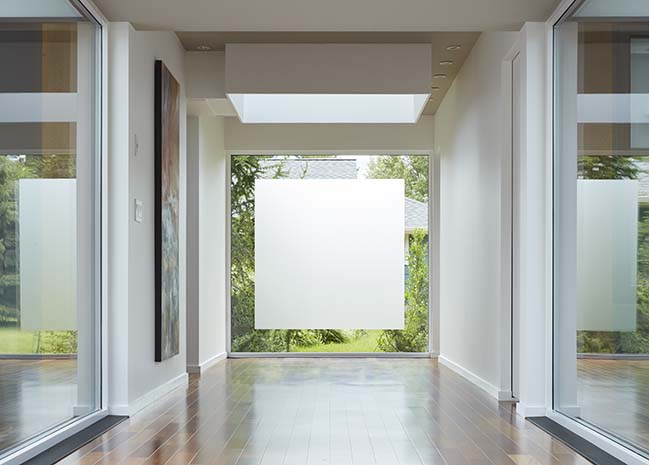
> You may also like: Westwind Residence in Portland by Giulietti / Schouten Architects
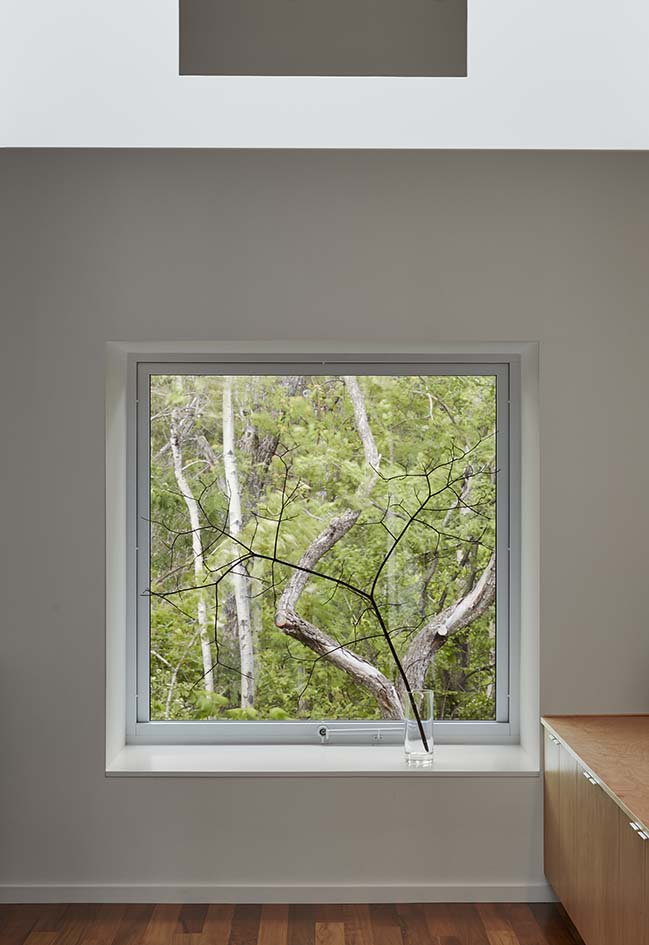
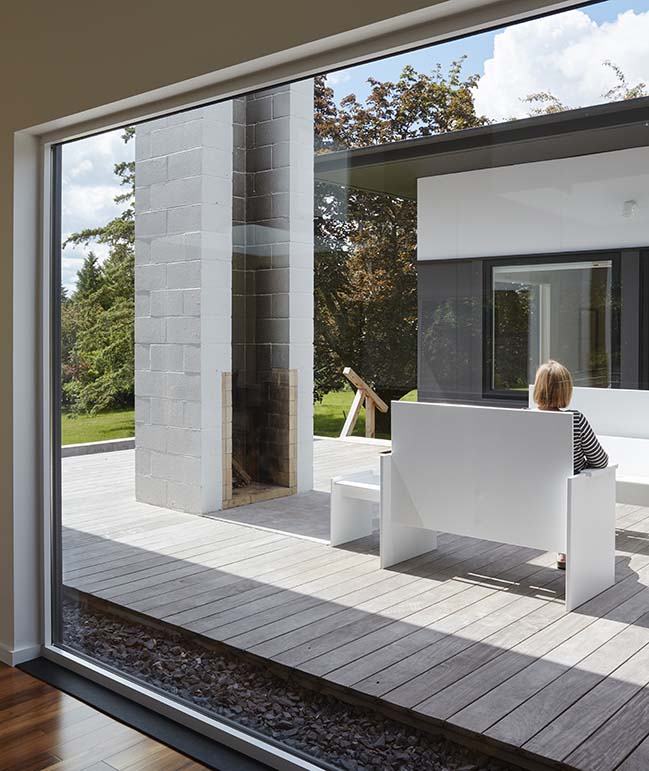
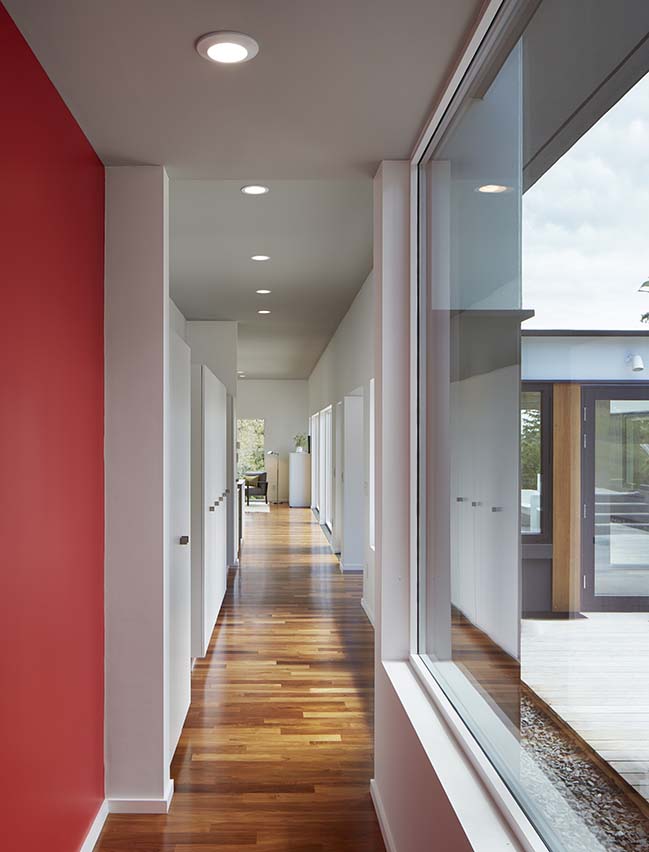
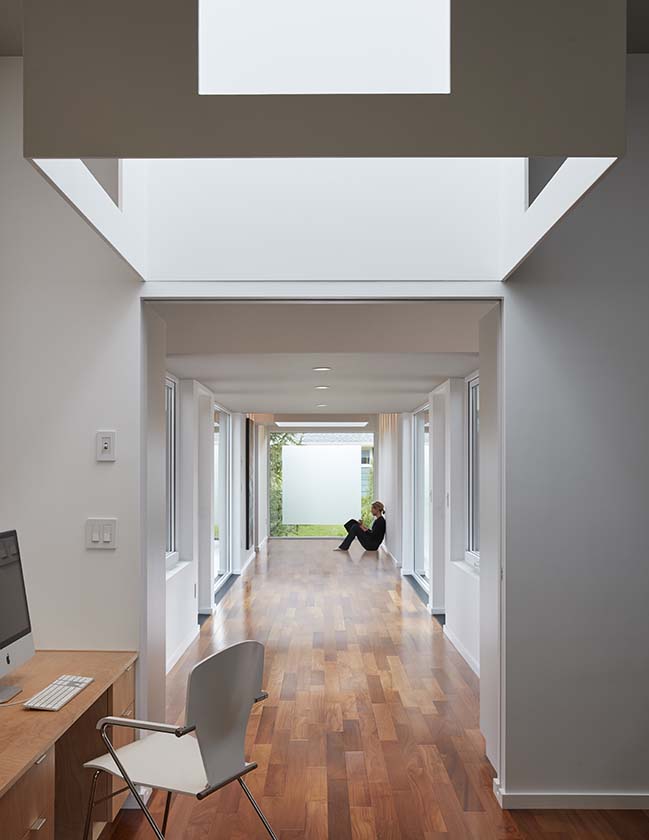
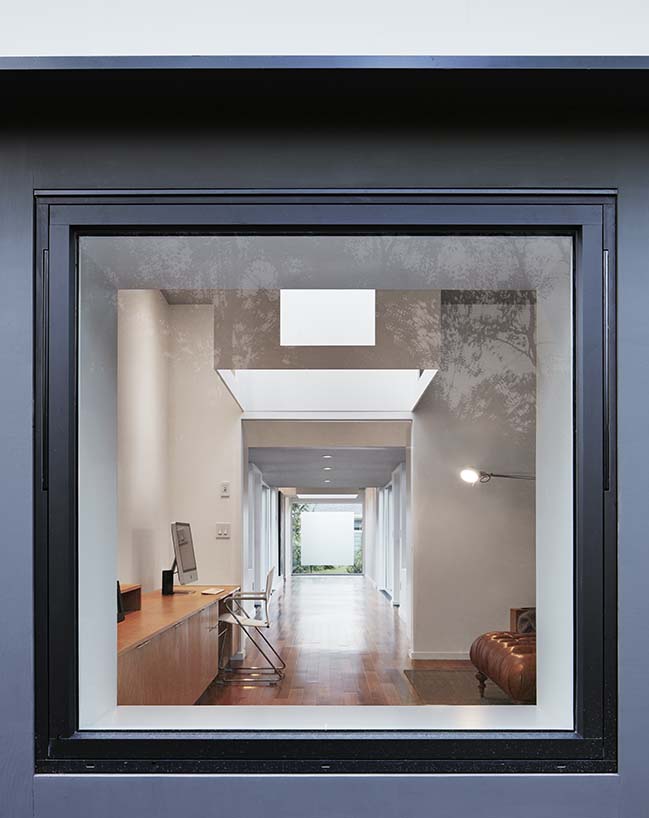
> You may also like: Edwin Residence in Los Angeles by Heusch Inc
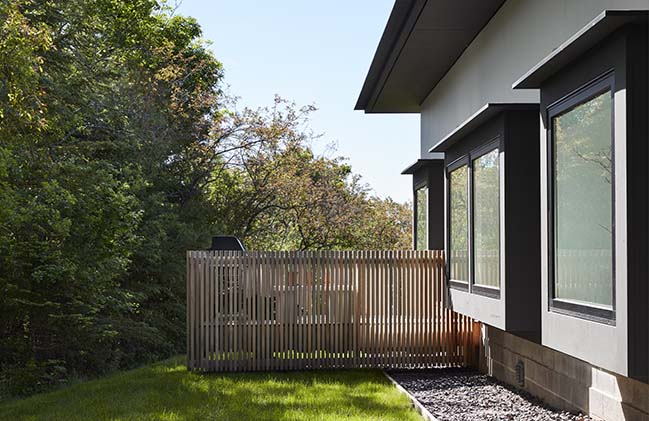
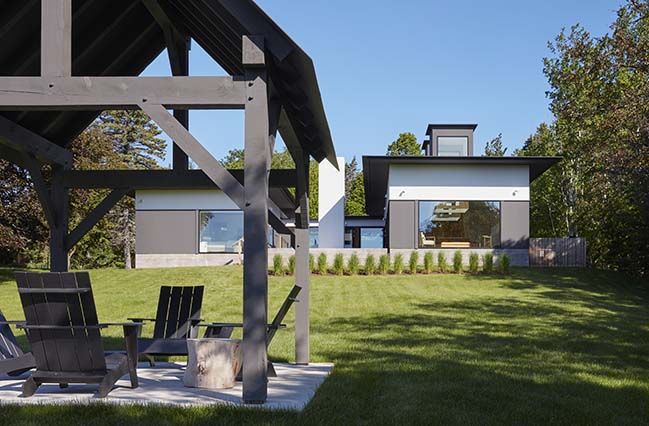
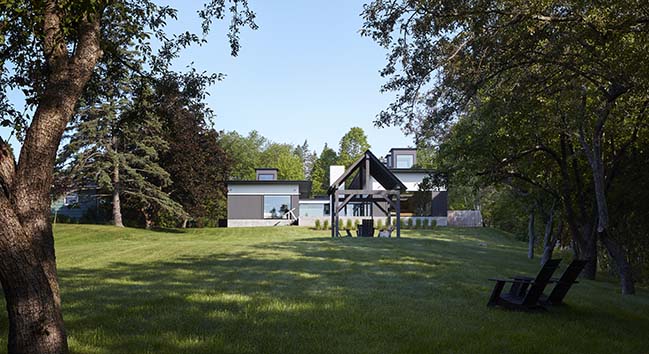
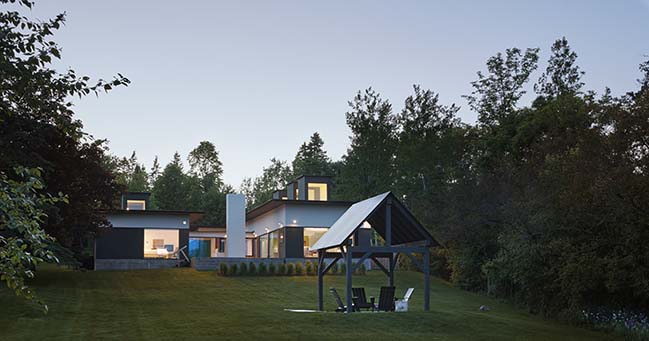
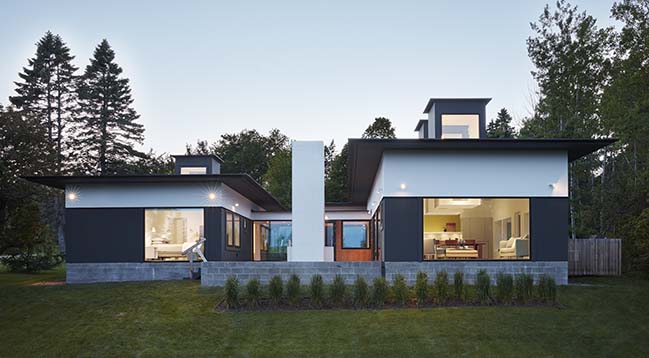
> You may also like: Croft Residence in West Hollywood by AUX Architecture
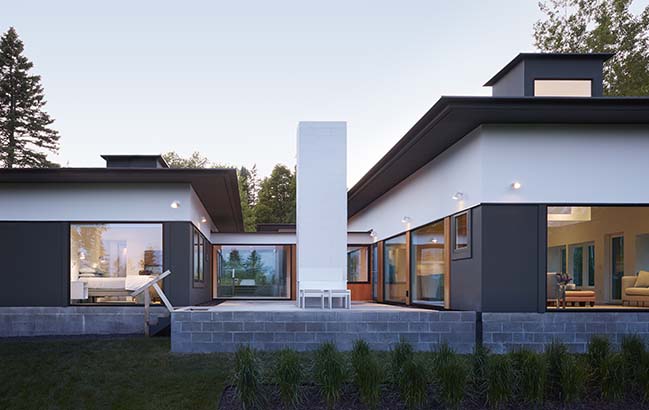
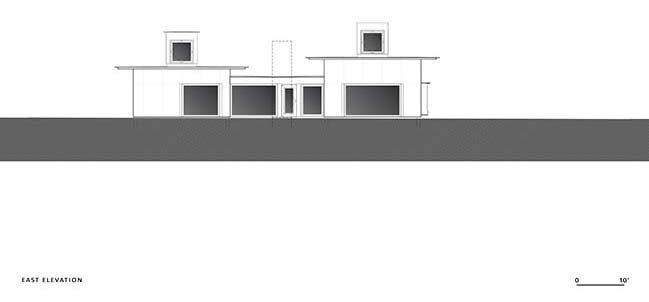
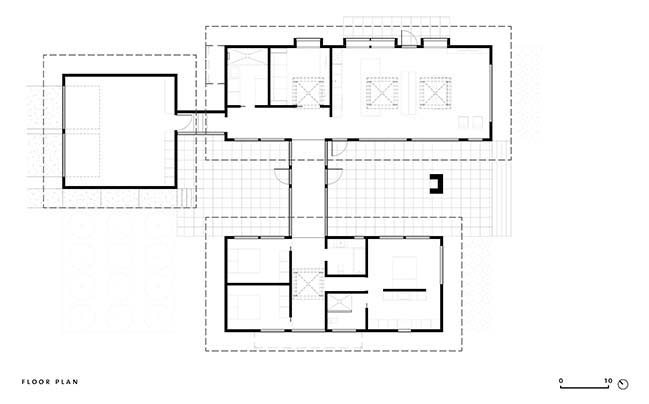
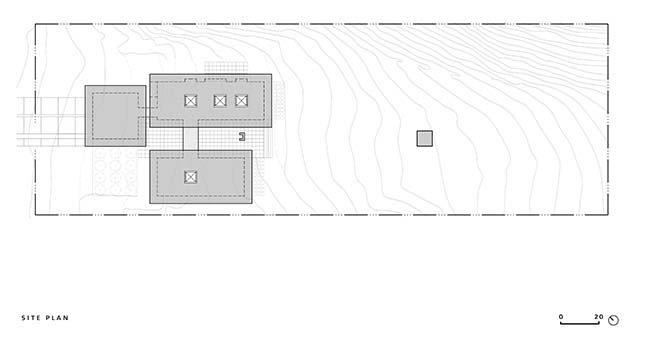
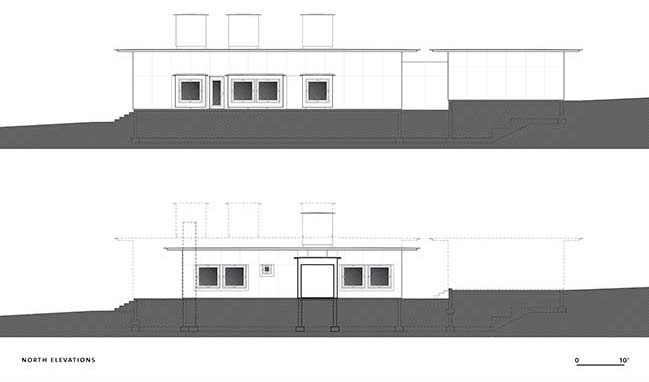
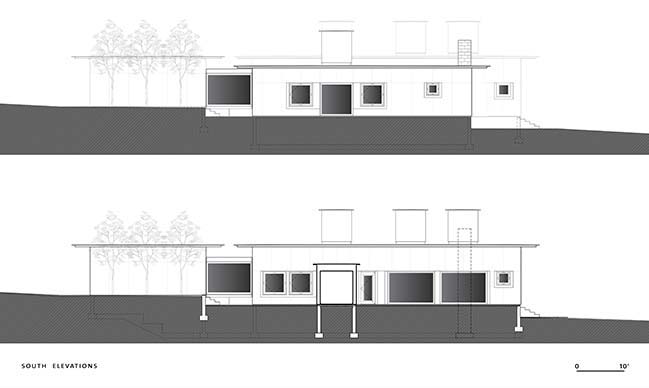
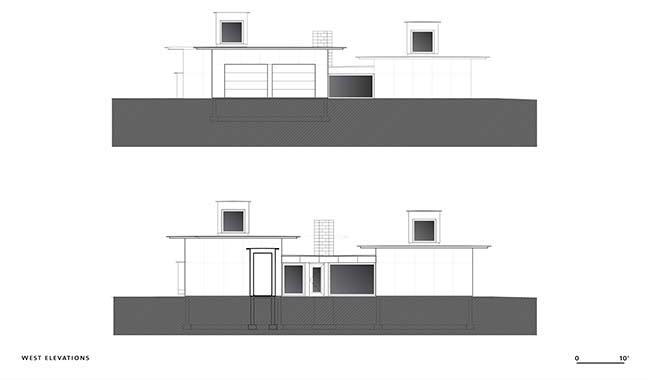
> You may also like: Deer Haven Residence by Mathison Architects
Deloia by Salmela Architect
08 / 22 / 2018 This is a second project of Salmela Architect for this client. The first was an extensive renovation, addition, outbuildings, and major landscape design for their previous home
You might also like:
Recommended post: Modern bathroom design by Tamizo Architects

